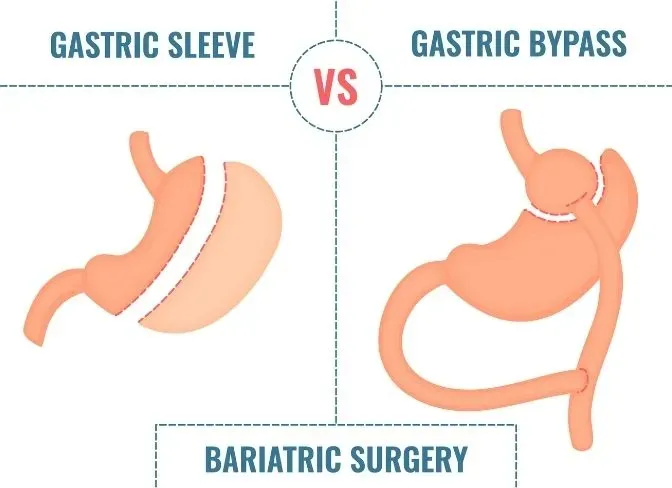Obesity is not only a disease that threatens physical health but also adversely affects mental health. Obesity can influence a person’s self-esteem, social life, and even mood.
Obesity surgery is an effective method for treating obesity. However, there may be some challenges in terms of mental health in the postoperative period.
Positive Changes in Mental Health After Obesity Surgery
After obesity surgery, significant improvements can be observed in a person’s physical appearance and quality of life. This results in positive changes in self-confidence and mood.
With weight loss after surgery, a person may feel better, become more energetic, and lead a more active life. This positively impacts their social life as well.
Negative Changes in Mental Health After Obesity Surgery
After obesity surgery, some individuals may experience negative changes in mental health. These changes can be attributed to the surgery itself or the difficulties faced during the postoperative period.
Some challenges during the postoperative period include:
Adapting to new eating habits Incorporating regular exercise Accepting changes in the body Adjusting to changes in social life These challenges can lead to issues such as stress, anxiety, and depression.
What Can Be Done to Preserve Mental Health After Obesity Surgery?
To preserve mental health after obesity surgery, it may be beneficial to consider the following recommendations:
Seek support from a psychologist before and after surgery Receive necessary support to adapt to new eating habits after surgery Engage in regular exercise Accept changes in the body Adapt to changes in social life Obesity surgery is an effective method for treating obesity. However, taking necessary precautions to preserve mental health in the postoperative period is crucial.






Get Free Quote